As the private cabinet negotiations around sectoral targets reach the endgame, the public debate around the issue has intensified. Perhaps the ultimate example of this was IFA leader Tim Cullinan up against campaigning journalist George Monbiot on Tuesday’s Prime Time.
There could hardly be a worse moment to argue on behalf of the Irish farming model against someone who believes that animal farming must be stopped completely.
Europe is currently experiencing the most graphic example of just how much our climate is changing. Coupled with extreme temperatures, wildfires are burning forests and threatening towns and cities from Spain to London itself. The warnings people like George Monbiot have been issuing for years are coming true.
But that doesn’t mean he was right about the solution. There is a huge range of views around that.
Oisín Coghlan, director of Friends of the Earth, said on Wednesday that he believes the national herd needs to return to the level it was at before dairy expansion, that a 10% cut would suffice to meet the 30% upper range of our sectoral target range.
The latest research on methane from Oxford University agrees a small cut in output will have a dramatic effect.
Farmers feel targeted, wonder how food producers are being lumped in with oil companies and airlines, and are defensive, fearful and angry.
Eamon Ryan’s reassurances around new opportunities only remind farmers of the recent utter commercial failure of miscanthus and of oilseed rape fuel.
We need calm heads and wise counsel right now. And the target is actually less important than the commitment to build a pathway to that target. Twenty-two percent, 26%, and 30% are all meaningless without that roadmap.
In another way, the moment may be opportune. Irish farming, particularly dairy farming, has been working on the assumption that fertiliser would be freely available and easily affordable. Those days are gone, possibly forever.
Food production will transition over the next five, 10 and 50 years, probably dramatically. But only a tiny minority, even of climate activists, believe an end to animal farming is required or even advisable. Other forms of protein production are in their infancy, and are not proven.
Synthetic meat
Synthetic meat could be the cryptocurrency of the food equation, we don’t know yet.
Meanwhile, Ireland has the ability to grow large quantities of grass, with no water limitation. We do need grasses that are more efficient at utilising nutrients, especially recycled animal waste. They also need to be more drought-resistant and gene editing could speed up this process. We need to stop holding our nose about this technology. Every tool in the box is now required.
The pathway to the target is more important than the number of the target.



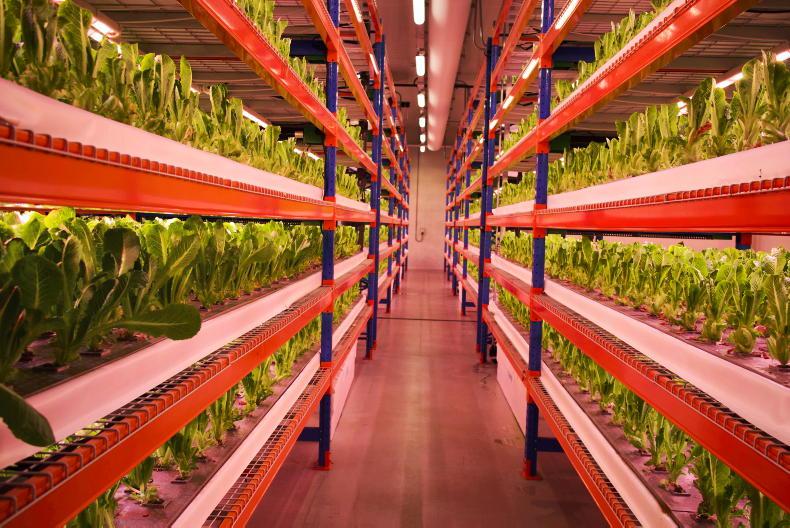
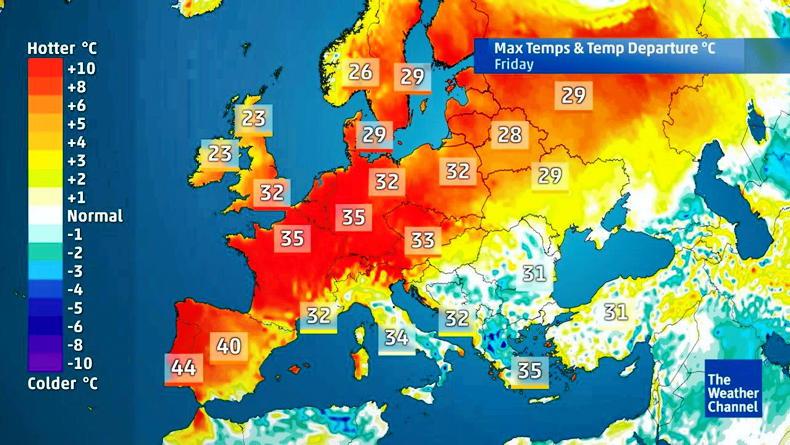

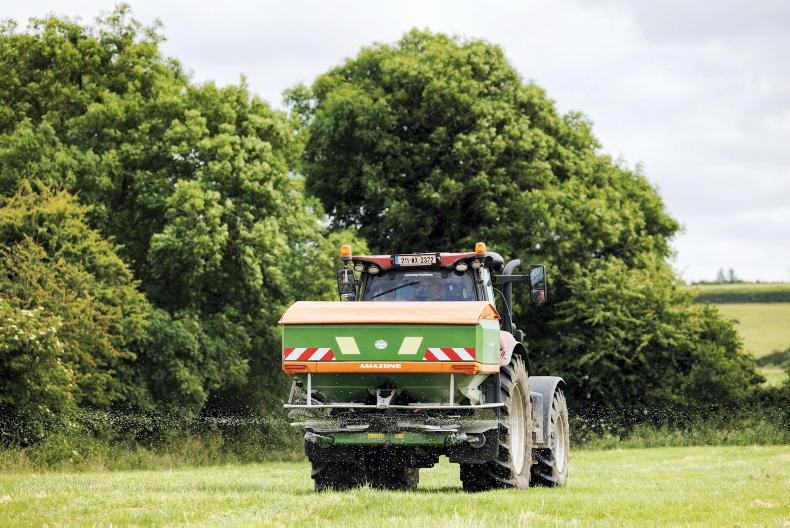

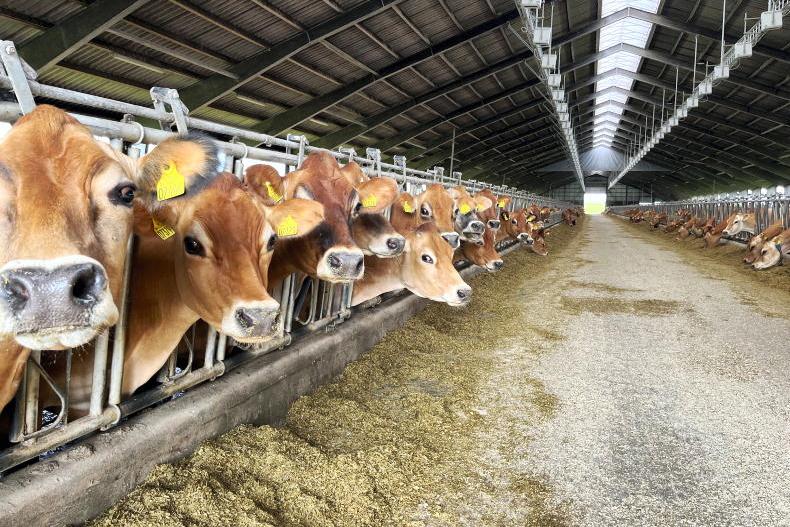
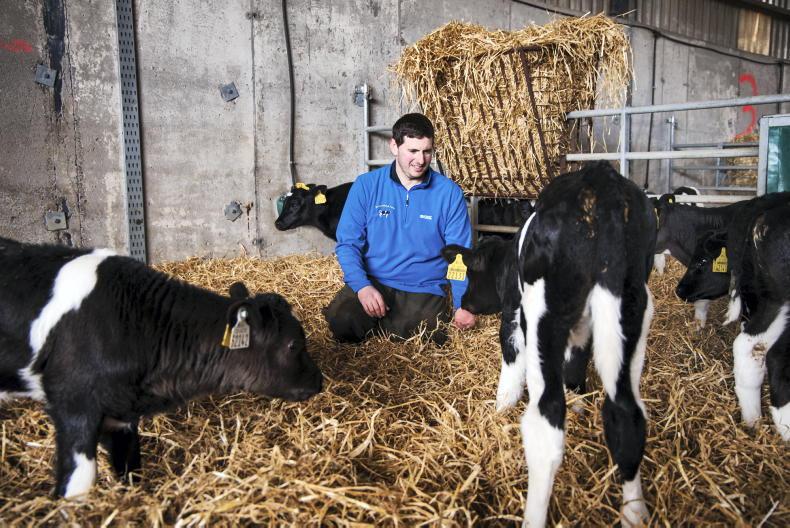
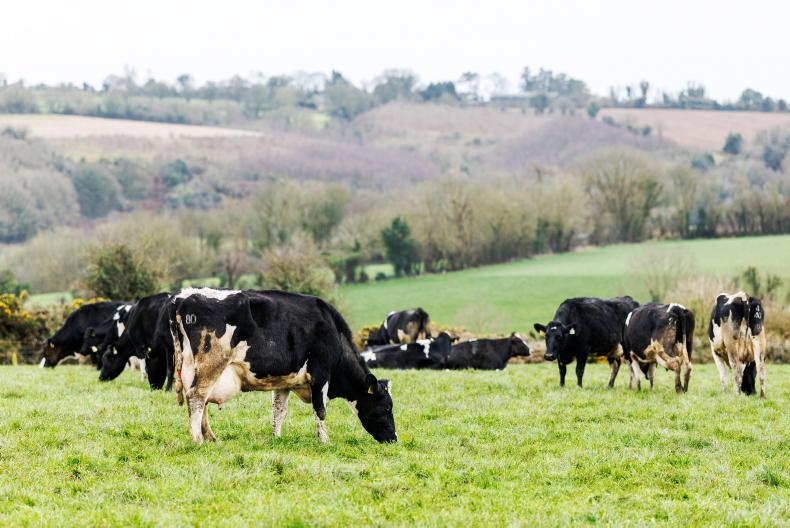
SHARING OPTIONS